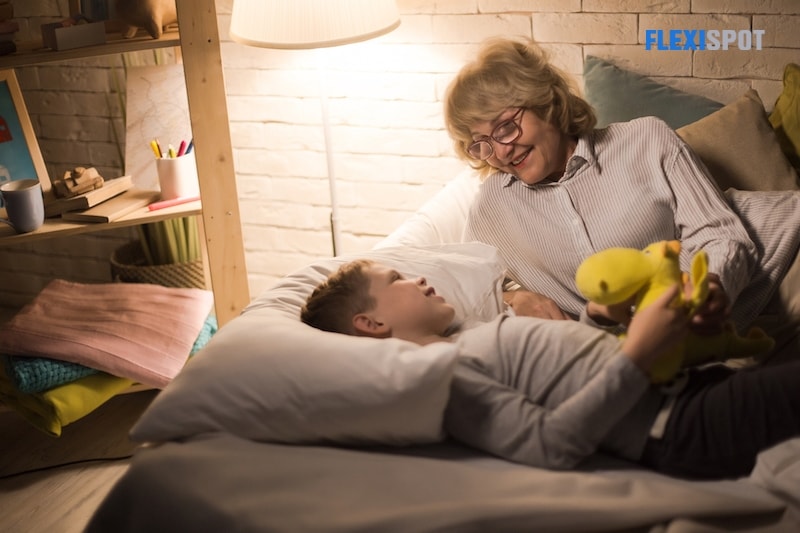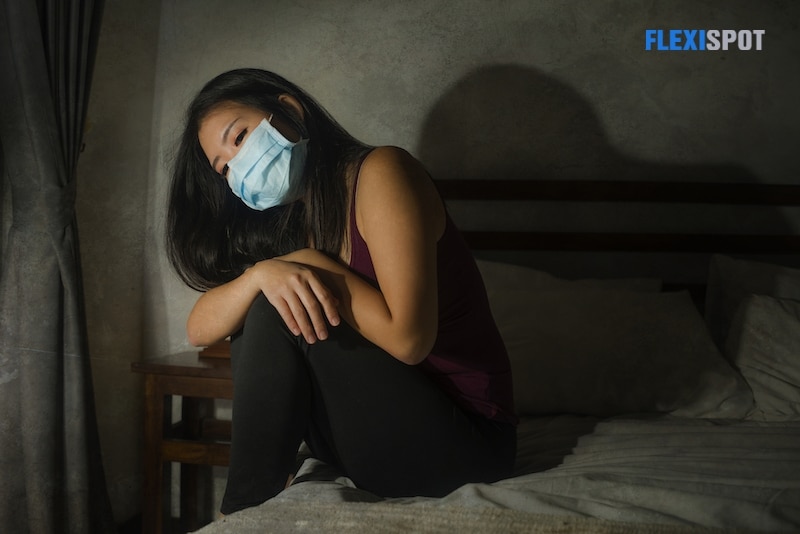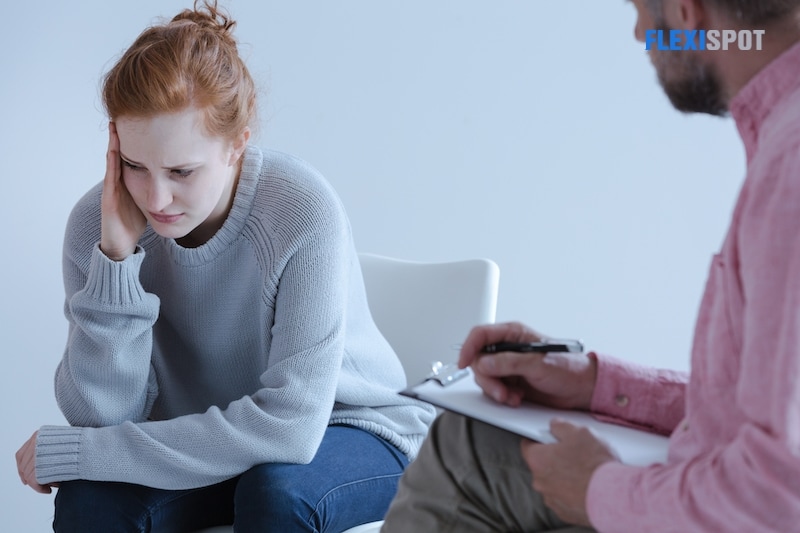Today is the anniversary of my grandmother’s death.
To call it an “anniversary” feels treacherous when today is nothing but a reminder of the day we lost my grandmother.
It was 6:30 in the evening of the same day last year when we were called to her room. Upon opening the door, my aunt and uncle were around her body lying in bed. Their mouths were distorted with foreboding and their eyes frantic while they cluelessly looked for a pulse. I jumped into the bed and tried to stop my grandma’s flailing arms, surprisingly strong considering how frail she has become the past few days. Her tongue surfaced, black and loose. Her eyes were half-shut, as if she was being summoned by a power we couldn’t see. We stopped trying. We knew we were reviving a dead vegetable.
My grandmother lived 93 years. She lived through World War II, the Cold War, and the Vietnamese War under 16 U.S. presidents. She, alone and did not speak a word of English, crossed the Pacific to start a new life in the quote, unquote Land of Dreams. I thought of her as invincible that she could survive through anything. It was unthinkable for our family that we’d lose her at a time when hospitals were crowded with isolated patients and people were stuck at home because of a ruthless virus that couldn’t be contained. We didn’t lose her to COVID-19 but her death, along with many other non-related COVID deaths the past year, was the pandemic’s collateral damage. If hospitals weren’t filled at that time, she could have still been alive today.

I remember my elder sister and I would spend every summer at her house. It was at a compound where my cousins lived nearby. While my sister watched movies with them, I followed my grandmother as she prayed at the cross of every room in the house. I’d ask her about tales of the wars she lived, her relationship with my grandfather who I never saw, and of her children where she’d always return the question to how my mom was doing at that time. While I felt left out by those my age, my grandma was there---my best friend who unknowingly made my childhood memories special and loved.
I didn’t know her when her mind was still sharp. We would usually go around circles talking about the same incident but even though it didn’t always make sense, Grandma’s mere presence embodied the life she lived. There was firmness in her voice, command in her every move, charisma in her off-hand remarks, and that charm in her laughter that just had the power to lure anyone in. I love her. Everybody did.
And yet we couldn’t even give her a proper burial. Our families from the Philippines watched via Zoom the small, intimate burial ceremony we managed to organize. It happened so fast; the other day she was still alive and the next day, she was already inside an urn displayed in the living room of my aunt’s house. Even the few present at the burial couldn’t even exchange a hug or a kiss---all were scared that time would catch up and COVID might take another life in our family.
Even now that a year has passed and vaccinations have rolled out smoothly in California, I still find myself ruminating every night before I go to sleep. The memories replay in my head without a pause button---the day my grandma refused to eat whatever was fed to her, the day we found out only 15% of her kidneys were working, and that day when she died in our arms. What could we have possibly done to save her life? What if there was no COVID? Would she still be alive and well today?

This process of rumination often leads to prolonged grief, a condition that psychologists have noted among people who have lost a loved one during this pandemic. In the U.S., more than 660,000 lives have already been lost to COVID-19, a sum that affects a sizable part of the population with the dead’s families totaling 4 to 6 people each. We are seeing a nation that is distraught with grief while at the same time trying to bring a sense of normalcy into their lives. Mental health experts have noted what may have caused prolonged grief:
Isolated deaths.
Families were not able to say their goodbyes before their loved ones died. The thought of their loved one dying alone is harrowing in itself.
No mass gatherings.
Families were not able to hold proper burial ceremonies when their loved ones died.
No physical contact is allowed.
Burial attendees could not comfort each other with a hug or a kiss.
Rumination.
Many are caught ruminating, thinking about other scenarios when their loved one could have survived or could have not caught the virus in the first place.
Persisting uncertainty.
There is still a dark cloud that looms over us after the death of a loved one, not knowing who’ll be next or when the pandemic’s going to end.
Risks
- Mental health programs remain inaccessible.
According to Scientific American, there are approximately 30 psychologists and fewer than 16 psychiatrists per 100,000 people, a ratio even worse for low-income communities that COVID has severely affected.
- People lose their jobs.
Those with prolonged grief are unable to continue with their lives normally, affecting their way of life.
- Depression and anxiety are at an all-time high.
People lose the will to live and may even cause suicide cases to rise.
How to deal with prolonged grief
- Reach out to a mental health professional.
A psychiatrist, psychologist, or therapist will know the best course of action to take.
- Sit down with your feelings.
Allow yourself to feel them fully. Do mindful activities that will help you think through as you let your feelings in.
- Have a solid support group.
A support system always helps to make someone feel heard, valued, and loved.
- Make space for new hobbies.
Trying something new makes one focused and love oneself more.
- Do not be afraid to remember the life of the dead.
Good memories can be lived again through looking at photos and videos. Framed photos may be displayed in floating shelves or standing desks (spacious and easy to install ones available at Flexispot) or can be watched through two monitor screens (dual monitor mount available at Flexispot). Memories can also be organized in Flexispot file cabinets, with memorabilia stored inside in an orderly manner.
Final Thoughts
Prolonged grief is a result of COVID-19 and must be addressed by the U.S. national government before it’s too late. Mental health care services must be improved including providing free therapy for all, especially to those belonging to Latino and black communities that were hit the hardest during this ongoing pandemic.


